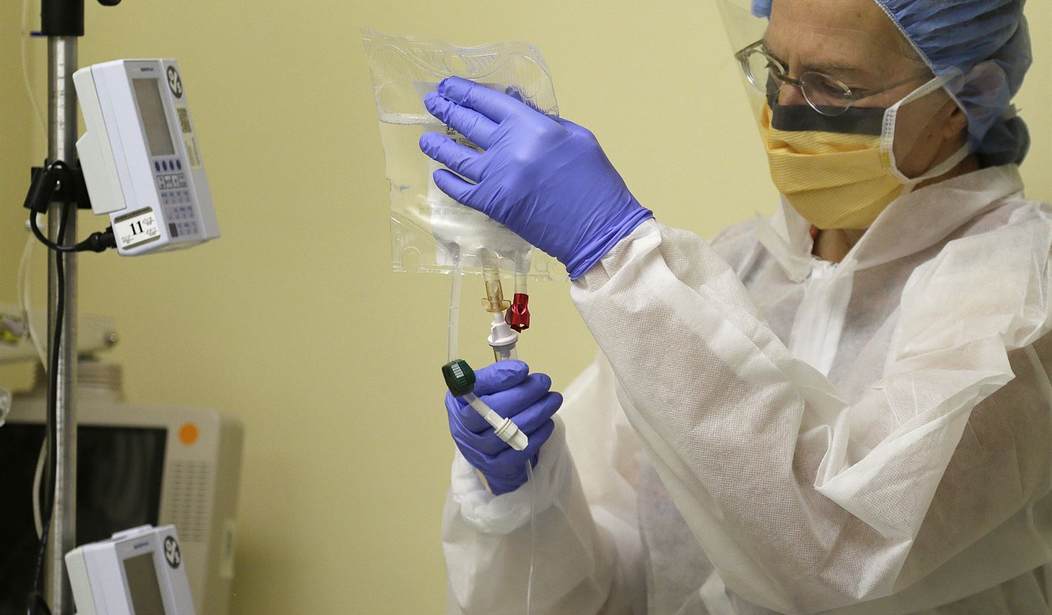Healthcare is broken in the United States. Both parties seem averse to the idea of creating a viable, workable solution. The Affordable Care Act many times isn’t. Premium increases continue to far exceed the inflation rate. Republicans need a cohesive, operational plan to win the debate on health care coverage and possess a plethora of ways to achieve said goal. While repeal and replace was a campaign mantra for the GOP, it is past time to deliver on one of their biggest unfulfilled promises. America currently has an extremely costly and inefficient system.
From overly expensive drug prices, hefty regulations, and an exorbitant number of proposed alternatives to America’s healthcare policy, figuring out where to start can be cumbersome. The first problem that needs to be addressed is the matter of medical malpractice. America is one of the most litigious countries on the planet. While its legal system is often touted as the envy of the world, its tort structure is flawed in certain cases. Medical malpractice lawsuits are the lifeblood of trial lawyers and the nightmare of esteemed physicians. The ease with which a case can be brought against a hospital and/or its doctors is frightening to those who work in the medical industry. Doctors are basically forced to practice preventative medicine in order to protect their jobs and decrease the likelihood of litigation. Nearly 75% of all clinicians will be named in a liability claim over the course of their professional careers.
Charles Krauthammer, revered conservative writer and graduate of Harvard Medical School, described this issue by saying, “When I went to school, the smart kids either went into medicine or law. The smartest were the ones who went into law because they made the laws that have essentially taxed and stolen the income of the doctors.” In this segment, Krauthammer points to a study done by the Massachusetts Medical Society. The study found that nearly half of physicians reported they were “very concerned” about a malpractice lawsuit impacting their work. Similarly, thirteen to thirty percent of all “MRI’s, CT scans, and referrals/consultations” were said to be motivated by medical liability concerns.
Recommended
Universal health care coverage appeals to young millennials now more than ever. Given the rising popularity of programs like “Medicare for All”, Americans could fundamentally subsidize coverage for the poor/disadvantaged if Congress tried to tackle meaningful tort reform. The American Medical Association estimates that defensive medicine practices raise health care costs by $84 billion a year. This could also be done without raising taxes or imposing trivial regulations. Relieving burdens on doctors would allow the medical industry to thrive by suppressing fears of job losses and astronomical payouts. Requirements for standing to sue, damages incurred, and medical misconduct must be changed to mitigate unneeded excesses.
The body politic would see better, more affordable care if they supported real malpractice solutions. Things such as safe harbor rules, apology laws, and disclosure and offer programs would lower costs for taxpayers and alleviate a good deal of the stress on medical practitioners.
Safe harbor legislation can effectively help both patients and doctors (pertaining to medical liability). If doctors follow established, approved protocols, these laws would automatically solidify the presumption that doctors were acting in good faith. Patient safety improves when doctors follow guidelines routinely.
Apology laws offer protection to those who are simply expressing sympathy for their clients. If a healthcare provider makes a minor apology or gesture to comfort a patient during their visit, many of these remarks wouldn’t qualify as incriminating evidence or be admissible in court. While it’s tough to decipher what could qualify as an apology, health care professionals are often walking on eggshells, scared to alert those who might misinterpret their comments. The distinction between a small, light-hearted expression and a real admission of fault is an important one. According to a study in The Journal Of The American Osteopathic Association, a simple apology diminishes patient anger while also reducing the cost of medical litigation.
Disclosure and offer initiatives promote transparency throughout client visits to healthcare facilities. Adverse symptoms that may occur without disclosure increase the likelihood of litigation. Many current state disclosure laws are ineffectual and could accomplish their policy aims if they were be improved statutorily. Properly structured disclosure laws would ensure that doctors keep their patients totally informed of the possibilities and risks involved with their treatments, as well as differentiate between what could and couldn’t be used in a lawsuit.
The tort arrangements desperately need to be reconstructed in order to avoid further unnecessary complications. Adding a few laws or changing current statutes would mitigate many of the excesses of America’s disastrous healthcare system. Doing so would establish greater trust in programs at every level. Punitive measures wouldn’t be taken against doctors unless they’re absolutely called for. And supposed negligence/incompetence would be thoroughly examined before being brought to court.

























Join the conversation as a VIP Member